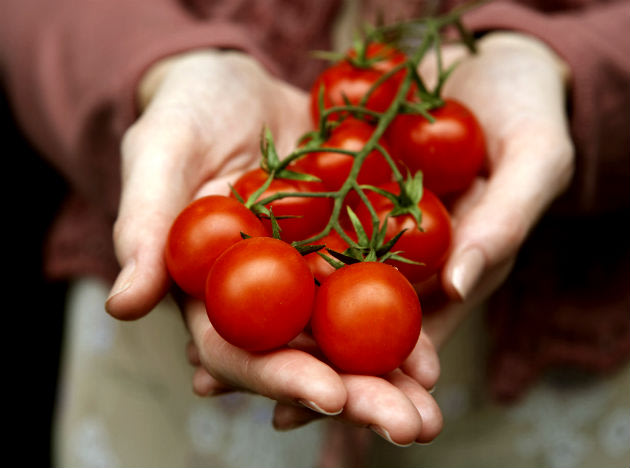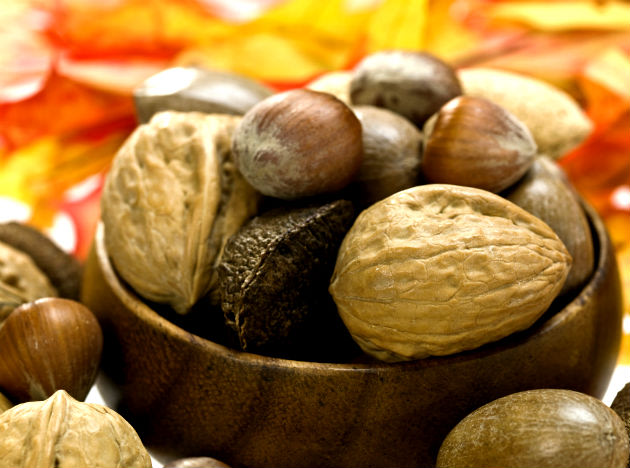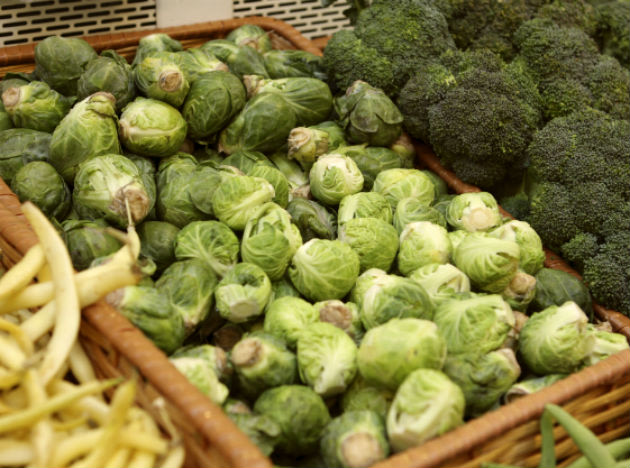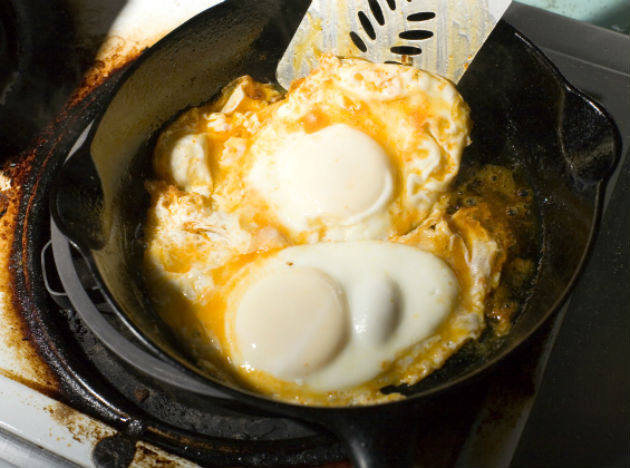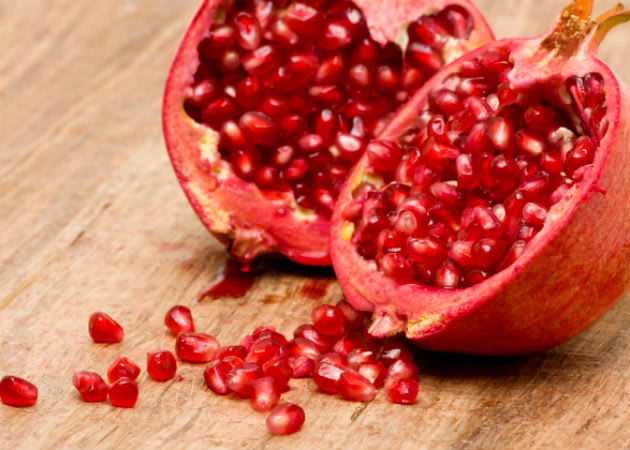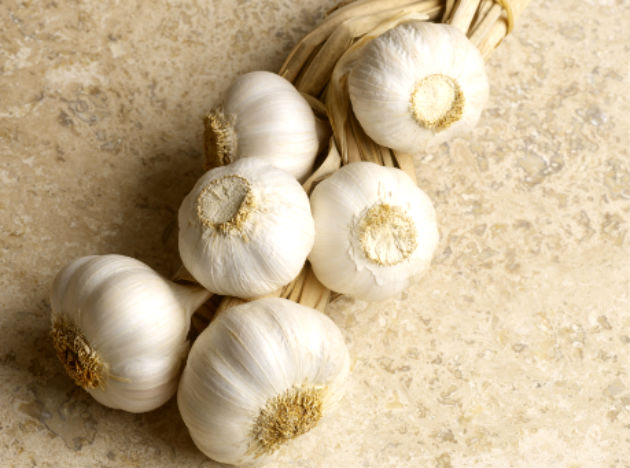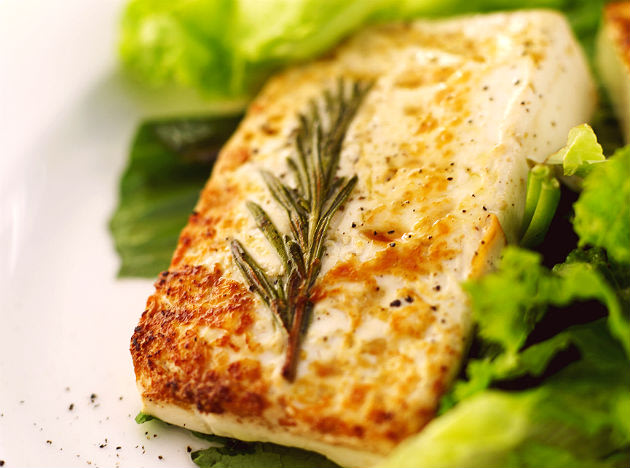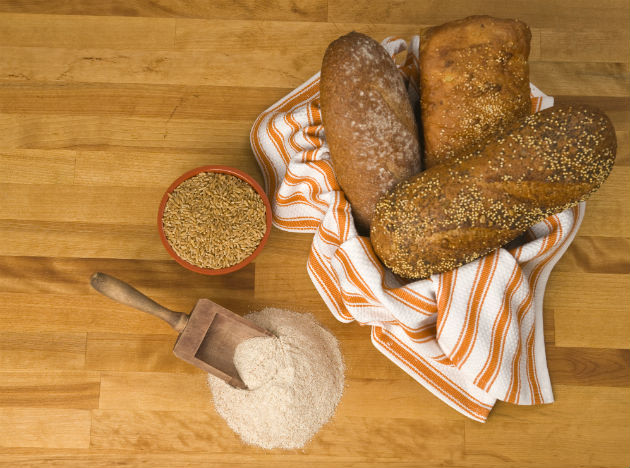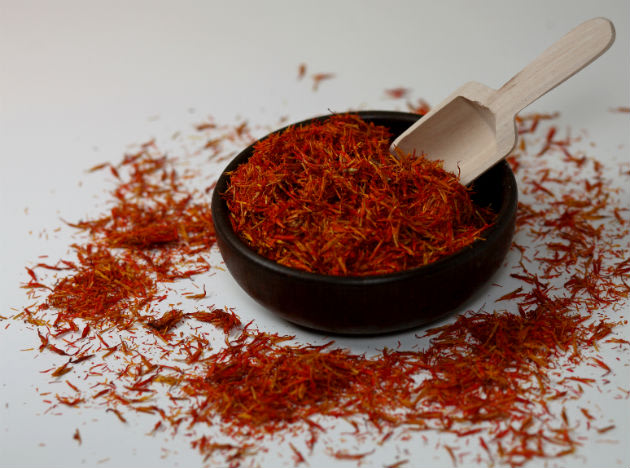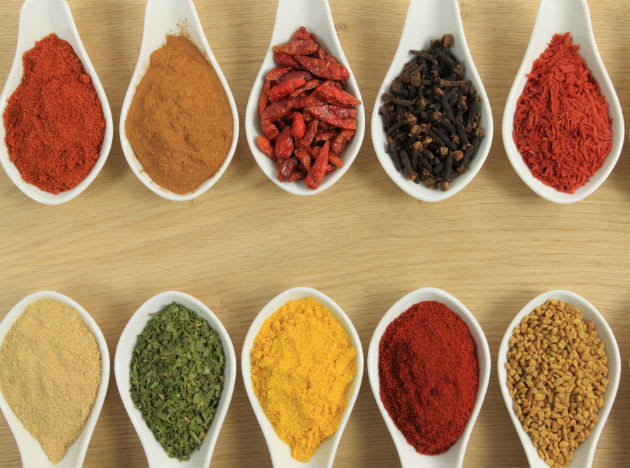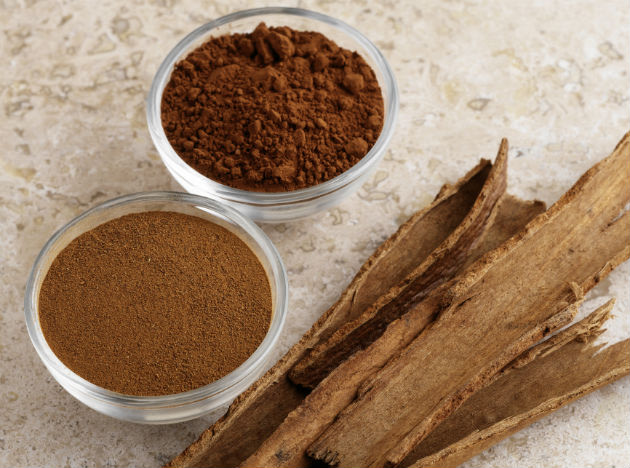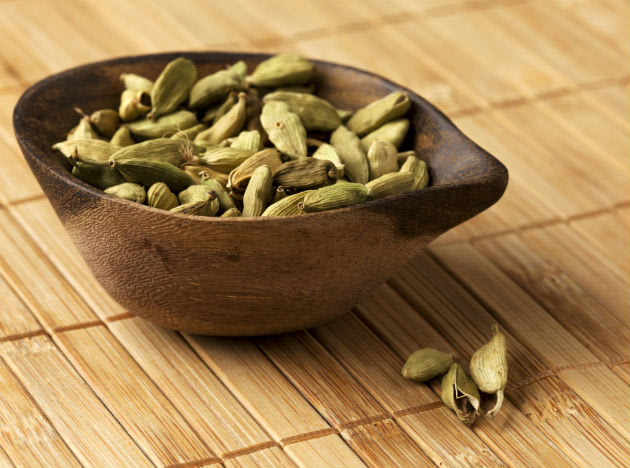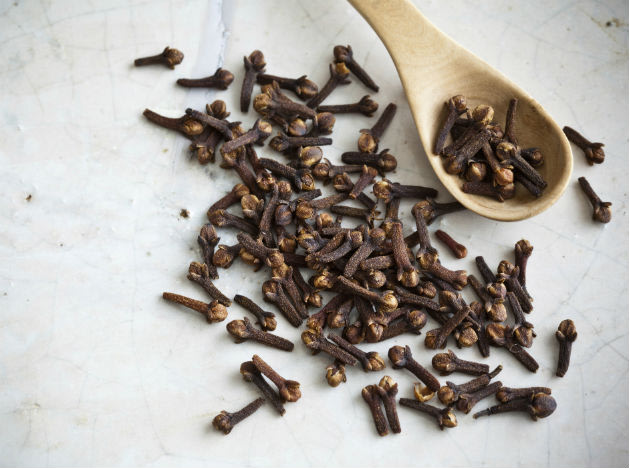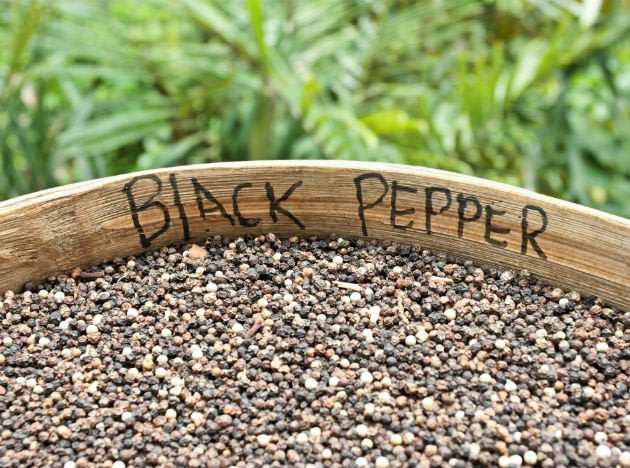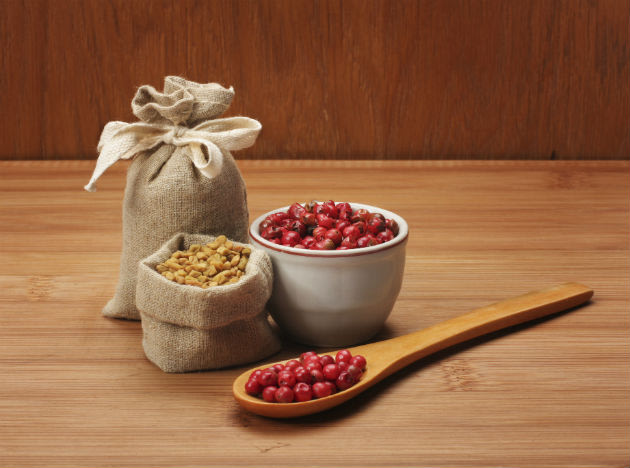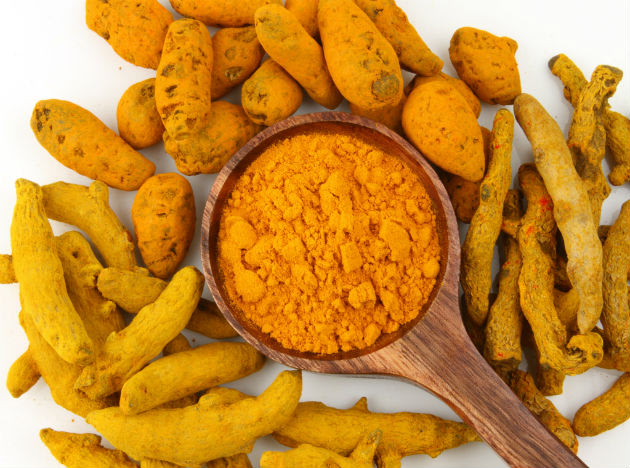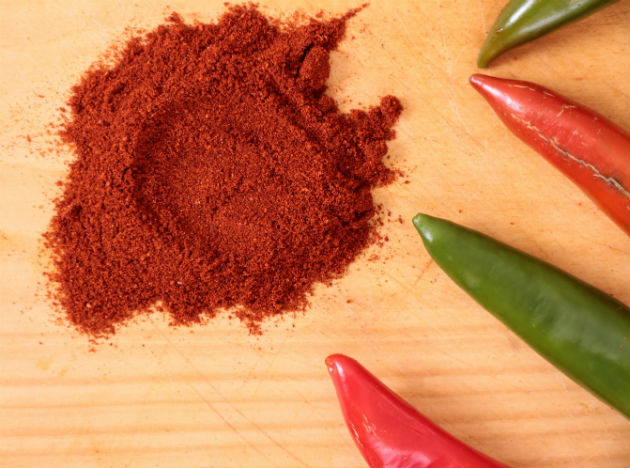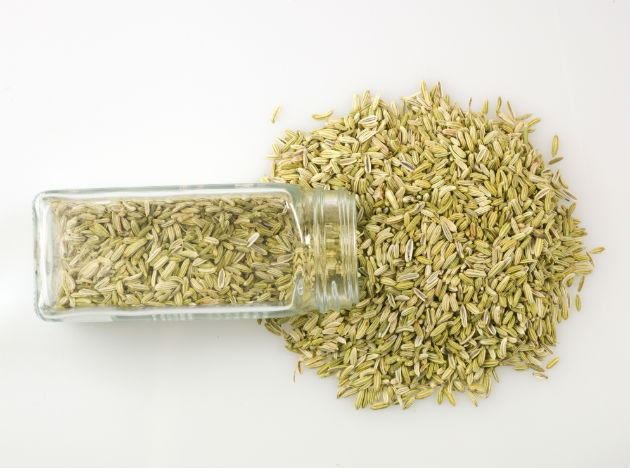
We all know how a good night’s sleep makes us feel energetic, inducing a typically refreshed feeling.
However, there is a lot more to a good sleep beyond these very palpable advantages. Unless you are someone who sleeps throughout the day, it is recommended that you try to catch a few hours of extra sleep whenever possible. The following will help you understand why sleeping more is so beneficial for you:
1. Helps to Regulate Weight
Sleep deprivation is major reason of weight gain across people of all ages. Lack of sleep impairs our metabolic functions. It reduces the rate at which we burn calories. It also makes us feel hungrier. This creates a mechanism where our body is more likely to store carbohydrates and fats. Lack of sleep is known to induce hunger pangs. People who feel un-rested are more likely to feel irritated. They often seek solace in beverages with high-sugar content. The sugar spike makes them feel better for a short while and they often become addicted to this pattern.
Insufficient sleep also affects the hormonal functions. It triggers the release of cortisol—this is our basic stress hormone. When stress hormone levels are raised, we tend to suffer from hunger pangs and levels of Leptin hormone tend to decline. This is a natural appetite suppressant. Without sufficient Leptin, the level of Ghrelin hormone rises. This hormone has an appetite-stimulating effect. People suffering from a combination of these factors are prone to snacking throughout the day, drinking more caffeine or tea and binging upon sugary foods. Thus, their propensity to gain weight is a lot more.
2. Raises Your Mental Performance
Our mind needs to process information it has received in the form of visual, auditory and other stimuli. This is done during sleep. This is when the brain recuperates. This ensures that we are able to remember, recall and understand things. Even dreaming patterns are related to the thoughts buried in our sub-conscious. Thus, getting sufficient sleep is vital for our mind to function properly. It is widely acknowledged that people are at their creative best when they have a good sleep. Proper sleep ensures that we are more insightful and can understand things a lot faster.
3. Ensures Better Cardiovascular Health
Apart from the bulging waistline caused by lack of sleep, people suffering from sleep deprivation are known to suffer from hypertension—an established cause of cardiovascular diseases. Greater concentration of stress hormones are the underlying cause of many cardio problems. This includes arrhythmias or irregular heartbeat patterns. Sleep apnea or lack of sufficient oxygen during sleep has been linked with Type 2 Diabetes which is a major cause for heart diseases.
4. Raises Immunity
Quality of sleep and our overall immunity are directly related. This includes our ability to fight-off common infections like flu or common cold. Poor sleeping patterns tend to lower the synthesis of antibodies. Medical research has linked this with the increased risk of developing colon and breast cancer.
5. Improves Our Overall Quality of Life
Healthy sleeping patterns ensure that we are less prone to getting anxious or stressed. It helps us take upon day-to-day activities with more vigor. These are direct contributors towards feeling good throughout the day. With a calmer mind, more physical energy, mental clarity and less chances of falling ill, we feel much better. This helps to raise the libido levels too and impairs the progression of aging-related health issues. (Health, MensXP.com)
Ref: http://sg.news.yahoo.com/reasons-sleep-121056984.html
